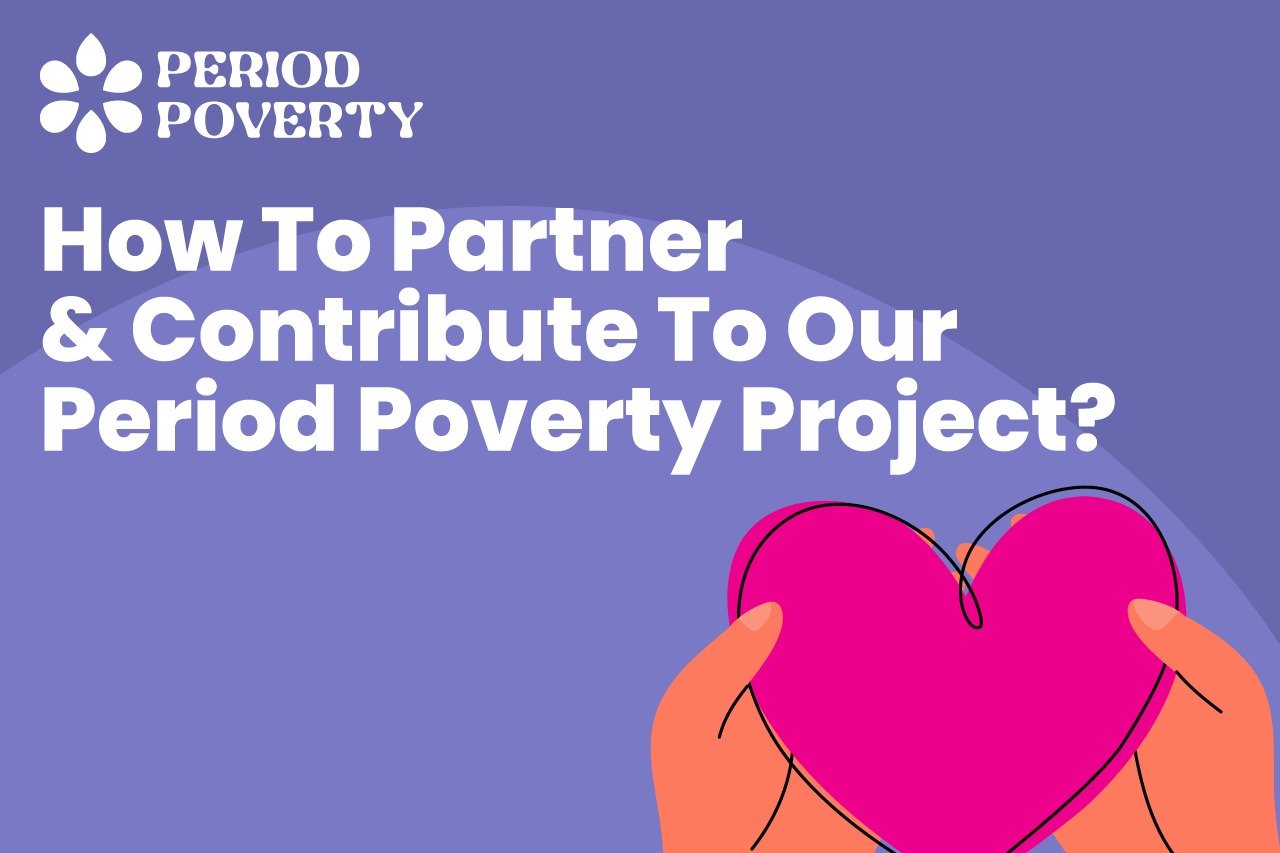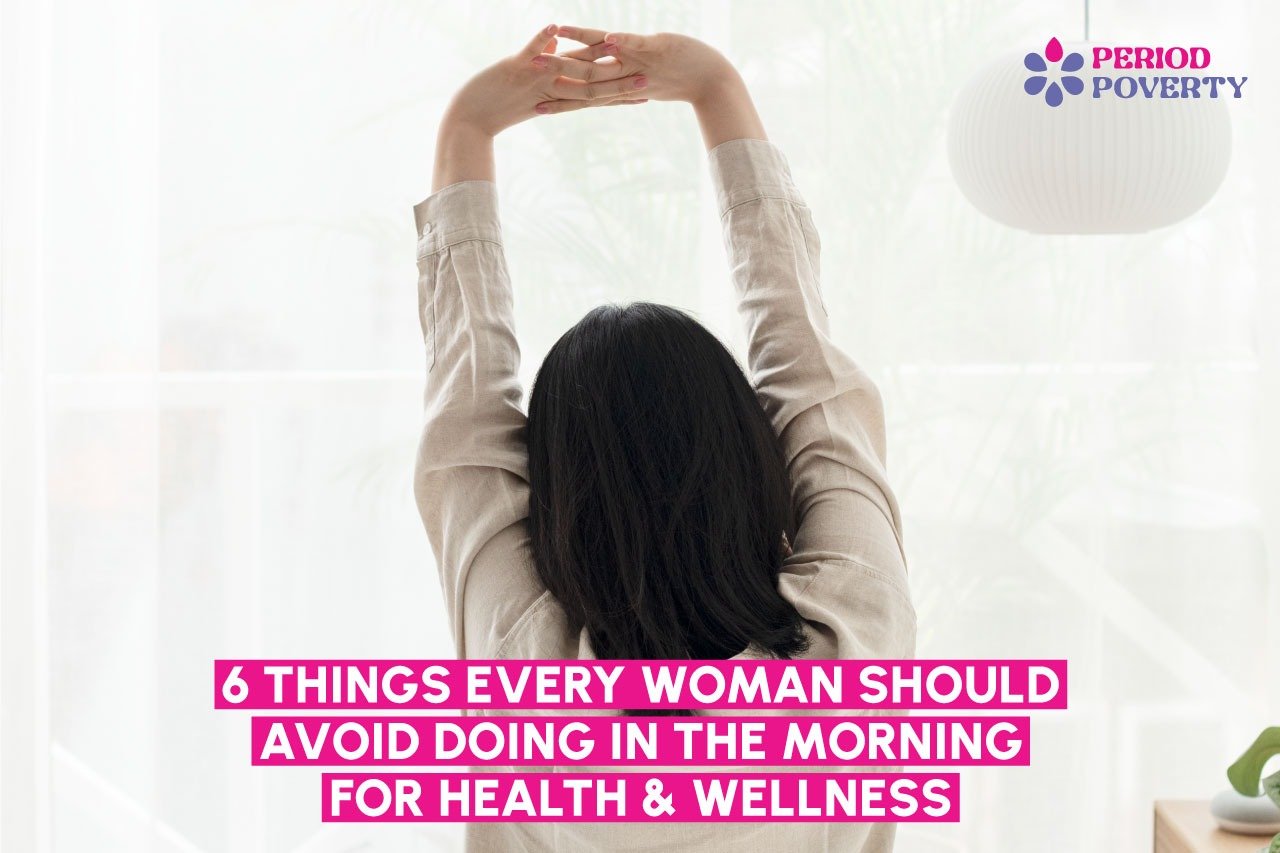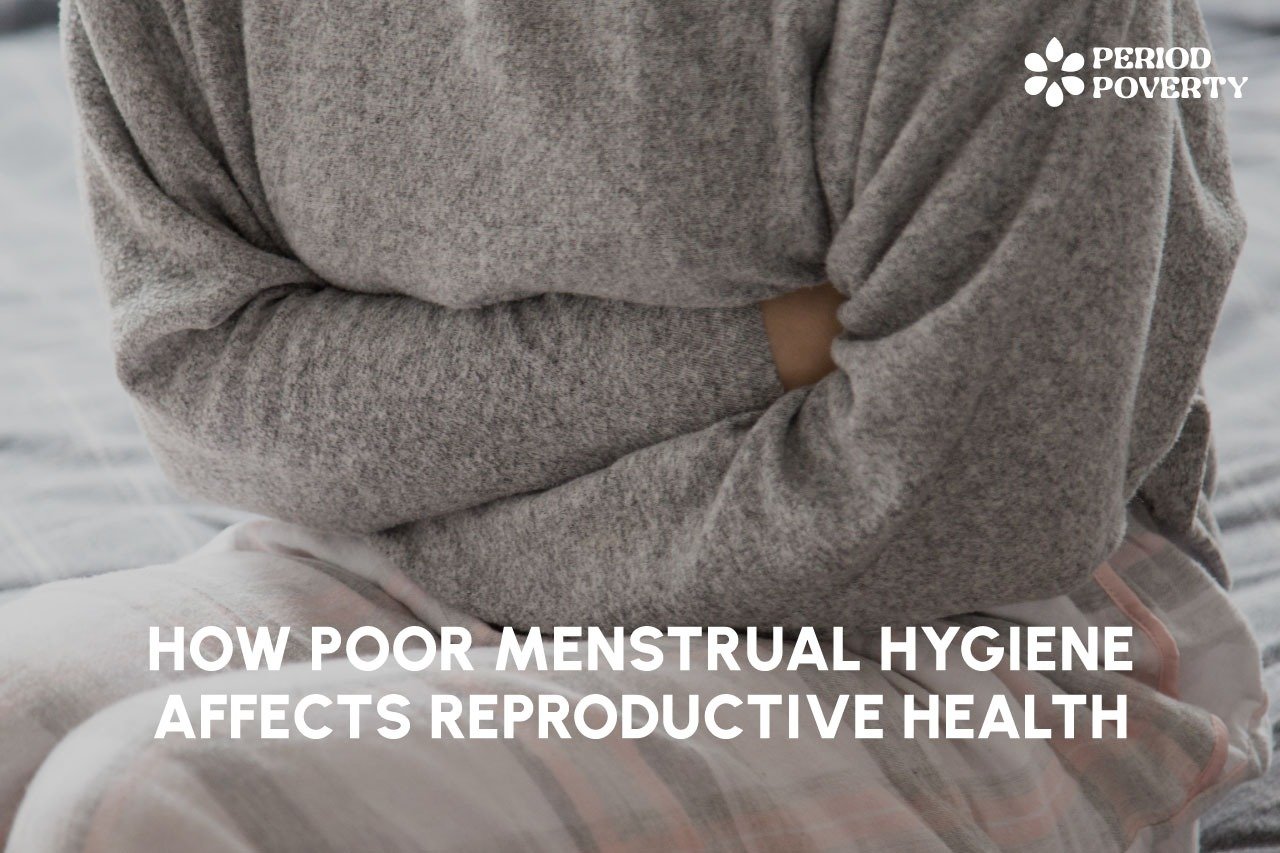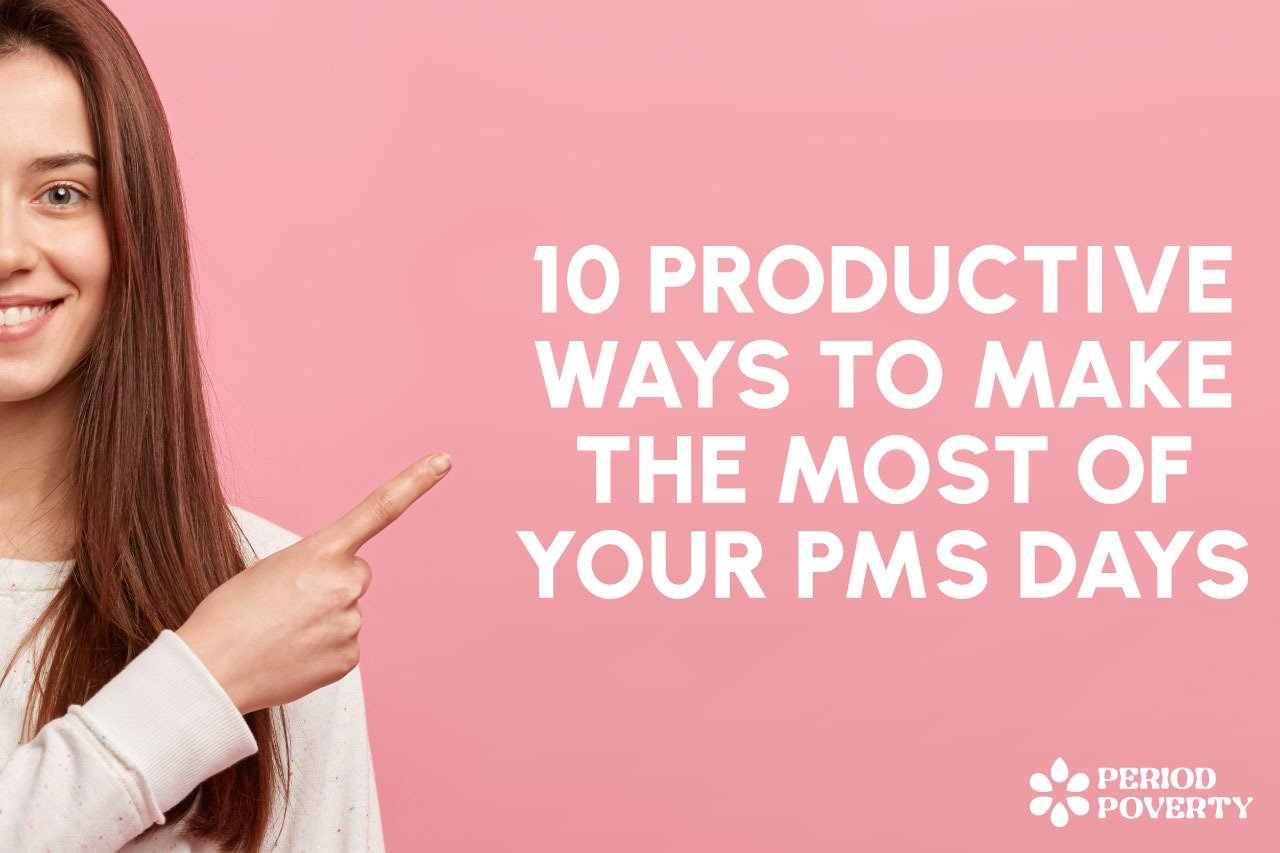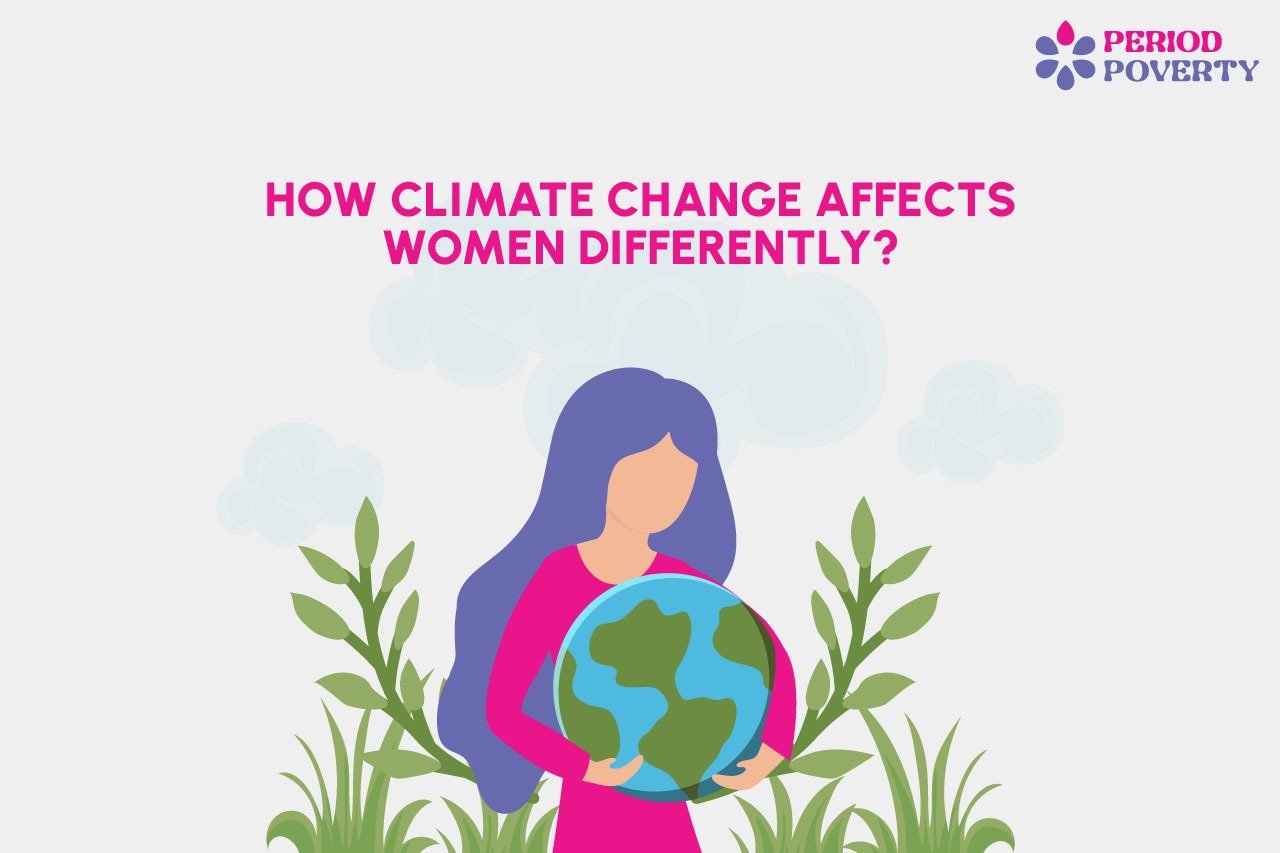Changes are Common Before and During the Menstrual Cycle. Throughout the entire cycle, hormonal shifts cause changes in mood and energy. This is one of the main reasons why some women may be more productive some weeks than others. There are a variety of symptoms that can accompany a full menstrual cycle, some of which are more obvious than others. Let’s take a look at the sequence of events that our bodies go through each month and find out more about how to spot these changes so you can get the most out of your mood and productivity at different points in your cycle.
What are the various stages of menstruation?
First, it’s important to know that a typical menstrual cycle lasts between 28 and 32 days and goes through different phases due to rising and falling hormone levels:
- The menstrual phase
- The follicular phase
- Ovulation
- The luteal phase
How does the menstrual cycle affect your level of energy?
Fluctuating hormone levels, primarily estrogen and progesterone, affect your energy levels during the menstrual cycle. Iron deficiency that is connected to your period, stress, poor eating habits, and, of course, insufficient sleep are other potential contributors. Your estrogen level rises and falls in tandem with your energy level because they are in sync. You may experience high energy levels and vice versa when estrogen levels are high. Hormonal fluctuations can have an effect on your productivity throughout your cycle because estrogen is linked to cortisol and testosterone levels, which naturally increase energy levels.
You may notice an increase in energy when progesterone levels are high. Your brain is stimulated to produce a neurotransmitter by progesterone, which can make you feel sleepy and help you sleep better. In turn, getting more sleep usually means having more energy. However, if your progesterone levels are low, you might have trouble sleeping, which could make you feel less energetic.
A lack of serotonin, a chemical in the brain that can affect your mood, is thought to be linked to fatigue before a period. Serotonin levels can change a lot each month before your period starts. This can cause you to lose a lot of energy, which can also make you feel bad. Sleep issues that are connected to your physical premenstrual symptoms may also be the cause of your fatigue. Bloating, cramping, and headaches associated with PMS can keep you awake at night. Also, before your period, your body temperature usually goes up, which can make it harder to sleep. Even though each woman who menstruates experiences unique variations in their hormone and energy levels, the general pattern of these hormonal aberrations is roughly the same.
Week 1: Estrogen and progesterone levels fall to their lowest levels as soon as the periods begin. The levels gradually start to rise over time, making it easier to stay active than in the previous two weeks. During this time, cramps are also fairly common. The first few days of periods should be spent relaxing rather than doing fast-paced activities, according to advice.
Week 2: One may begin to feel happier and more energized in the week following the end of their period due to an increase in energy levels. In anticipation of ovulation, when an egg is released from the ovary, estrogen levels begin to rise rapidly, preparing the body for a possible pregnancy.
Week 3: Estrogen levels reach their highest point approximately two weeks before the next period for the majority of women. One may feel more tired or sedentary than usual when progesterone levels rise and estrogen levels fall quickly after ovulation.
Week 4: As estrogen and progesterone levels fall in the week before your next period, you may feel less energetic. This is the most challenging phase of the cycle for most women. This is because, in comparison to estrogen, progesterone has a “depressant” effect, which can cause low energy and low mood. Even if you’re low on energy, you can still improve your premenstrual syndrome (PMS) symptoms by getting some exercise.
How do I deal with days when I’m tired?
Whether or not we have periods, we all occasionally experience feelings of exhaustion and lack of vitality. To put it another way, hormones may or may not always be to blame for days of low energy. However, there are some things you can do to combat symptoms if you notice that your days of low energy coincide with the relevant days of your cycle.
Pay attention to your body: If you wake up tired, try not to push yourself too hard with work, chores, or any kind of physical activity.
Be sure to get enough sleep: To get a good night’s sleep, try to go to bed and wake up at the same time each night and practice good sleep hygiene.
Don’t put off exercising: Don’t put it off because exercise can give you more energy. Alternate gentler activities like swimming or yoga for strenuous ones.
Try these methods of relaxation: Relaxation methods like guided breathing, yoga, warm baths, and meditation can help relieve stress and muscle tension.
Eat on a regular basis: You might find that eating multiple small meals and healthy snacks is better for you than eating three main meals per day. This feeds all of your cravings for junk food and keeps you more sustained and energetic.
Don’t drink too much caffeine: Avoid drinking too much coffee and tea when you’re feeling tired because doing so can make you sleepy and make you feel even more tired.
Talk to your doctor if your hormones are really affecting your mood and energy, especially during your periods. Your period is just one part of your menstrual cycle; it refers to the monthly sequence of events in your body. You can achieve peak productivity while maximizing self-care by understanding how your body responds to each phase of your cycle. This will help you identify the physical and behavioral patterns that occur throughout the month.

